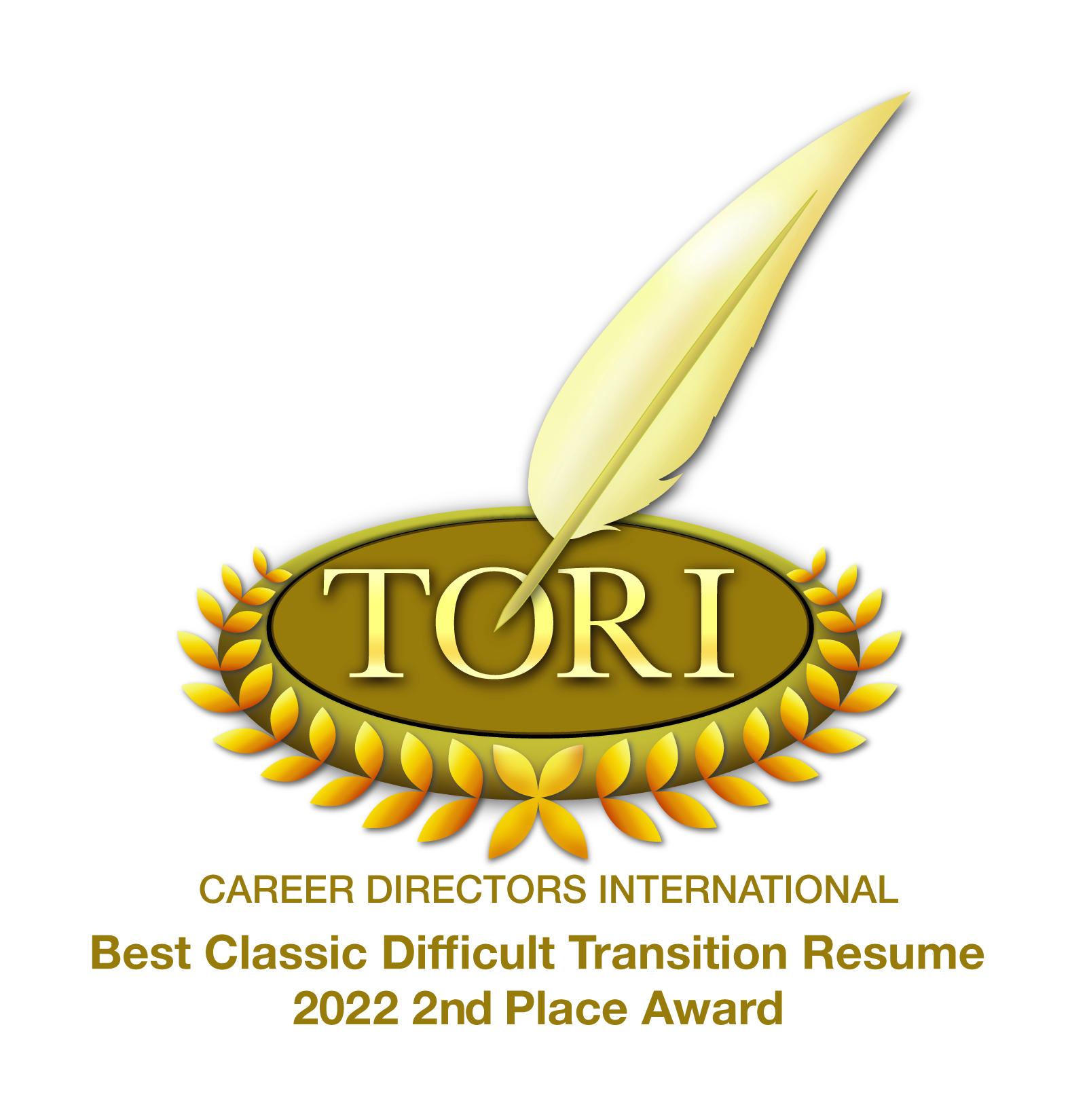At one point or other, we’ve all thought about it and said, “I hate my job.” Or “it’s time for something new.” To be clear, I am not talking about changing jobs because your boss is insufferable or your company has eliminated sick time. (That’s abuse, plain and simple, and in that case, you should probably find a new position.) This isn’t even for when you’ve had a bad day, a rude customer, or made a mistake on the job.
I’m talking about teachers who are simply done being in the classroom after the dumpster fire of online learning or healthcare professionals burned out after the pandemic. Maybe you are looking for a job with improved work-life balance or just need a change. If you:
- Have days where waking up in the morning seems insurmountable without a massive career shift
- Are thinking that another sales call will send you into a postal rage
- Or, even better, that now is the right time to ditch the 9 to 5 and follow your passion…
The amazing news is that people make career changes all the time and so can you. If you prefer to watch instead of read, HERE is an interview I did for ABC on the topic.
Most people start with “How do I write a career change resume?” This is the WRONG question.
Let’s go back to resume 101. You need a goal. There is no career change resume in your future if you don’t know what you want to do. Figure out your passion even if that means you have to go to a career coach or do some career exploration. Take a look at a bunch of job ads and see what appeals. Is it technology? Have you always dreamed of software engineering? Teaching? Project Management? Construction? Start with the field that really draws you in and determine what job titles are the most appealing.
Next – and here is the most important thing – DO MORE RESEARCH and look before you leap. There are a bunch of factors to consider here. Money. Education requirements. Experience. Qualifications.
Say, for instance, that you have always wanted to be a caterpillar farmer. In your current role, you make $60,000 per year and have enough to pay your mortgage. In this scenario, I think we can all assume that a caterpillar farmer might not make that much – and that you are probably looking at a significant pay cut. This is what I mean when I say, look before you leap!
If maintaining your existing lifestyle (food, rent, childcare, bills) will be a problem on the average salary of your new direction, then I would recommend thinking twice.
Of course, once you’ve decided to make a career change, you need a killer resume. What I want you to remember here is that a resume isn’t just words. It’s about qualifications.
This means that, yes, you can turn a side hustle into a full-time job because you’ve already been doing it.
The trick is adding it to your resume. Not making a ton of money doing it? That’s okay. It’s experience that matters. (Most of the time.) Write about what you’ve been doing, how you’ve done it, and any wins you might have achieved.
The next question?
“How do I make a career change without any experience?”
Hard truth time. You probably need continuing education and will have to do some legwork. Nothing in this world is free – especially a career change. The good news is that there is a ton of opportunity out there to make that happen.
Want to move into cybersecurity? Spend time learning on Coursera or Udemy and go get your Security+ Certification. How about becoming a project manager? Go get your PMP. I even worked with a client once who dreamed of becoming a golf course superintendent. His first move was to get his pesticide certifications and take classes on horticulture, irrigation, and plumbing. (He’s now managing a PGA course, by the way! It worked!)
Last, but certainly not least, be prepared to take a step back – both in salary and position. Realistically, no one is going hire you to run a widget company without first spending time manufacturing widgets.
So – be realistic and do the work. (I’ve blogged a ton about resume writing. Click HERE to read more.)












